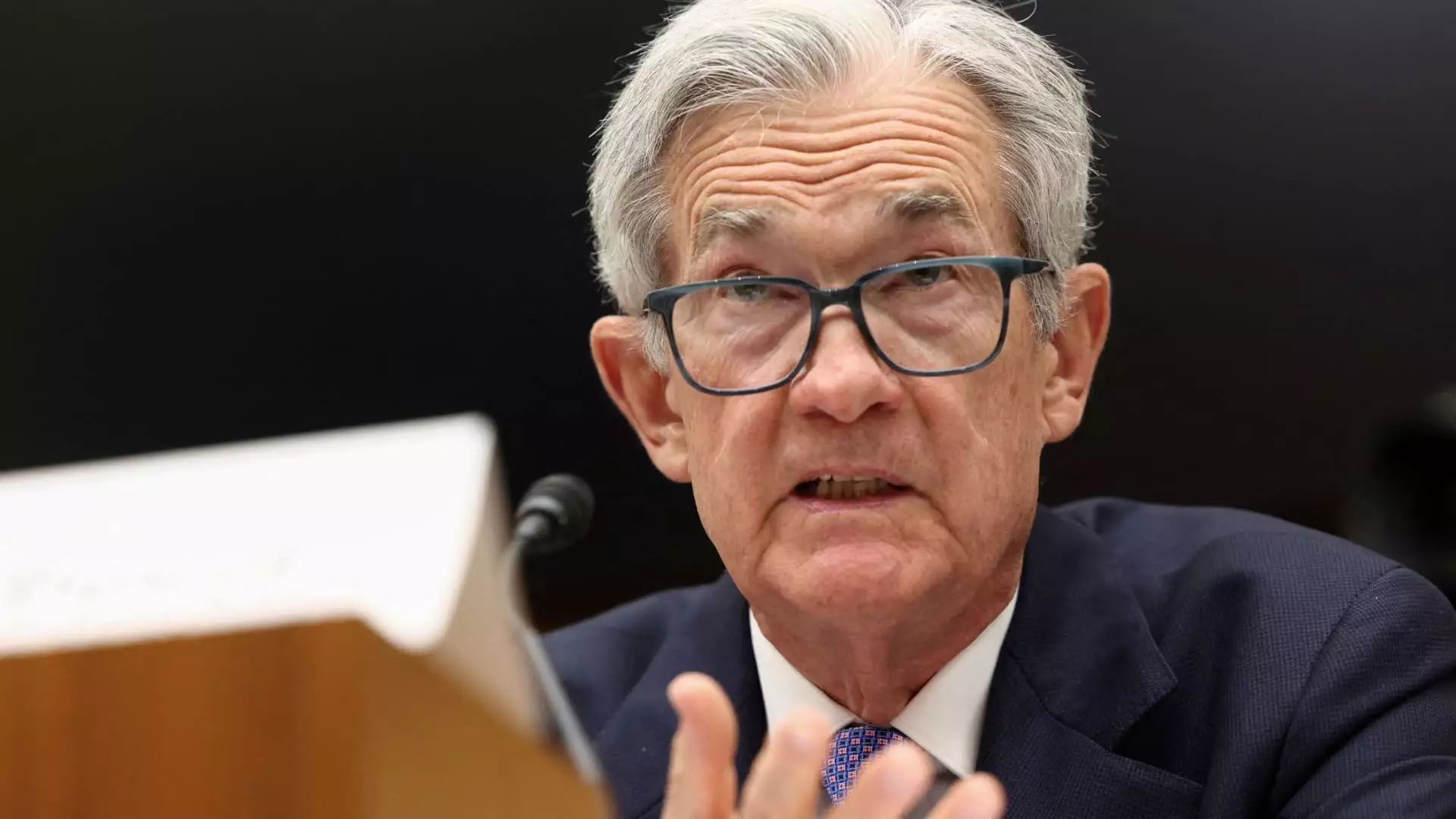In recent months, the Federal Reserve has found itself increasingly entangled in the political crossfire, with critics from the Trump administration launching aggressive assaults on its independence and integrity. At the heart of this controversy lies not only policy disagreement—particularly over interest rate decisions—but also a broader attempt by political actors to undermine the central bank’s credibility. The Fed’s recent efforts to defend its $2.5 billion renovation project exemplify a calculated move to assert authority and safeguard institutional independence amid relentless partisan attacks. This stands as a testament to the resilience required of a truly independent institution faced with politicization that threatens its ability to serve economic stability and public trust.
The administration’s critics, led by Office of Management and Budget Director Russell Vought, portrayed the renovation as elitist and wasteful, framing it as a symbol of excess in a time when economic hardship persists for many Americans. Their narrative leveraged vivid descriptions, such as rooftop terraces and luxury amenities, to craft a caricature of institutional extravagance, even as the Fed clarified that these features are either non-existent or serve functional purposes like conference rooms. These assertions reveal more about political optics than substantive concerns—highlighting a strategy to scapegoat the central bank for broader frustrations with economic policy and results.
What makes this episode particularly disconcerting is the administration’s apparent willingness to challenge the Fed’s independence directly, even amid ongoing economic uncertainty. The central bank’s ability to set monetary policy without undue political interference is a pillar of its credibility, essential for navigating recession risks, inflation, and financial stability. By launching investigations and issuing public rebuttals, the Fed is resisting efforts to diminish its authority and politicize fiscal oversight. Its firm stance underscores a commitment to stand apart from partisan pandering and maintain the integrity of monetary policy decisions rooted in data and expertise rather than political convenience.
The Power of Clear Communication as a Defense
One notable aspect of the Fed’s response has been its strategic communication—specifically, the publication of detailed FAQs addressing criticism head-on. This transparent effort demonstrates an understanding that narrative control is crucial when public trust is under siege. It provides specific clarifications: no new VIP dining rooms are being built, the renovations are aimed at preservation and modernization, and costs are justified by necessary updates and unforeseen conditions like asbestos removal. These points are carefully crafted to counter false narratives and reassure the public that taxpayer money is being responsibly managed within a self-funded framework.
This approach reflects an essential principle: confronting politicized criticism with facts, clarity, and conviction. The Fed recognizes that misinformation can erode confidence—an asset that is central not only to its reputation but also to the broader economic health that depends on market stability and public trust. By openly rebutting exaggerated claims and outlining the true scope of the renovations, the central bank asserts its competence and independence against the distortions wielded by political opponents.
Furthermore, the defense underscores an important lesson for institutions caught in the crosshairs of partisan conflicts: transparency fosters resilience. When critics attempt to paint the Fed as extravagant or disconnected, clear and factual communication dispels these myths, reinforcing the idea that a central bank, rooted in expertise and independence, must operate free from political pressure. In a fragile political environment, such steadfast messaging is vital to preserving institutional integrity and public confidence.
The Broader Implications of Political Interference
What the Trump administration’s attack on the Fed reveals is a dangerous trend: the erosion of the diplomatic boundaries that separate monetary policy from political influence. While disagreement over policies like interest rate adjustments is normal, efforts to undermine the institution’s independence threaten the very foundations of effective economic governance. Central banks worldwide, to remain credible, need to insulate themselves from political whims, especially when such interference seeks to distort their primary mission—safeguarding economic stability.
The push to scrutinize and investigate the Fed’s renovation project signals a broader strategy: use scrutiny of administrative details as a pretext to weaken the institution’s authority. This tactic is fundamentally flawed because it conflates operational decisions with core policy independence. Such attempts serve political ends at the expense of rational economic management, risking long-term damage to the credibility of the United States in global markets.
Amid this turmoil, the Fed’s unwavering stance and strategic communication serve as a reminder that independence is not merely a procedural safeguard but a vital necessity for sound economic stewardship. Political actors may aim to tarnish or control the institution—yet history shows that an independent central bank, committed to transparency and rooted in expertise, can withstand such pressures and continue to serve the economy effectively. Maintaining this independence is the ultimate safeguard against politicized decision-making that could ultimately harm the very citizens the Fed is supposed to protect.


Leave a Reply